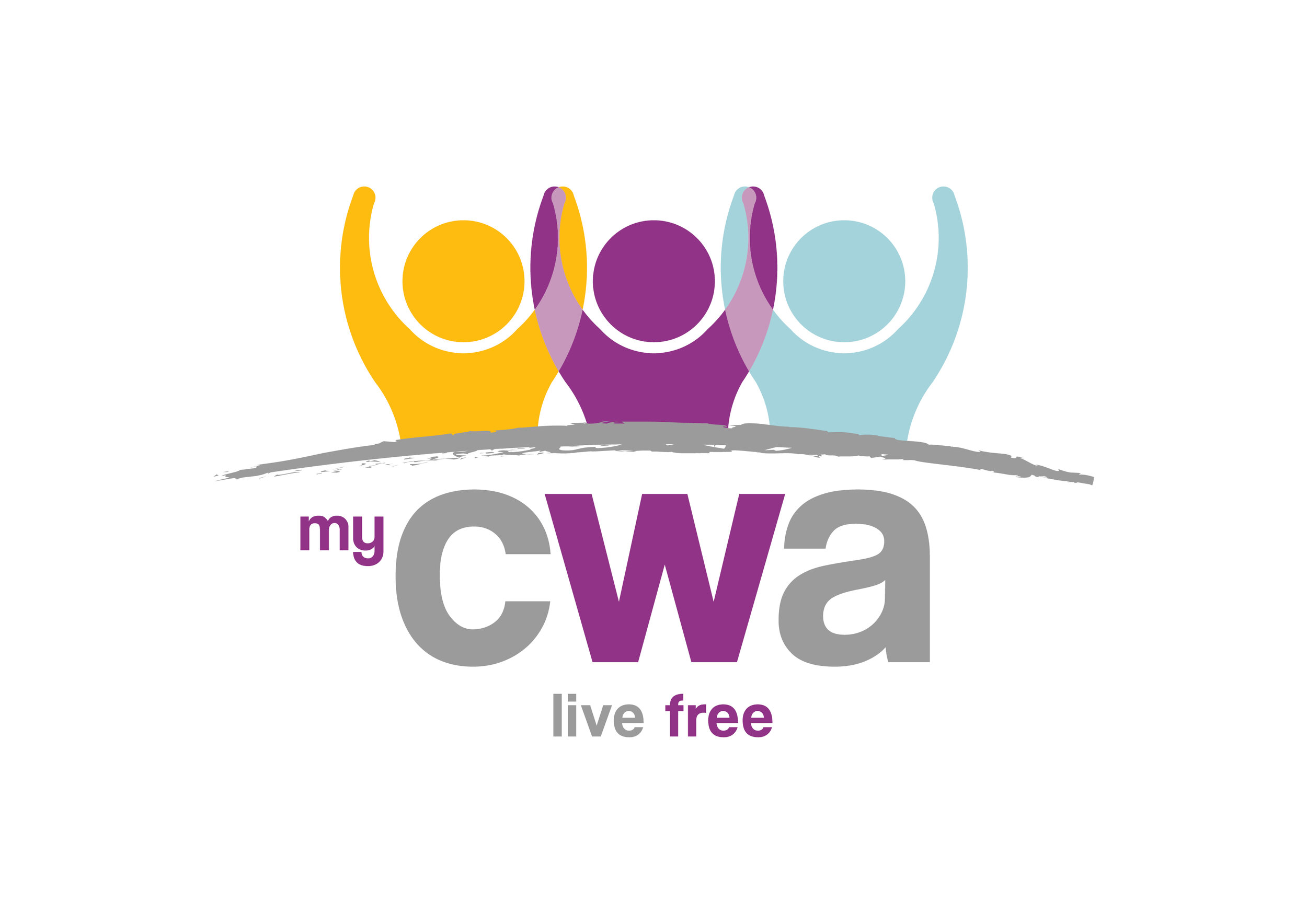help for children
If your children have been affected by domestic abuse, we know that their safety and wellbeing is one of your greatest concerns. Here at My CWA, we offer a whole family service, so we support children and young people affected by domestic abuse as well as their parents.
“What about the kids?”
Lots of people stay with their abusers “for the sake of the kids.” But your children are at greater risk of both physical and emotional abuse for as long as you remain in an abusive relationship. To put it another way, leaving your abuser gives your kids a better chance of a bright and happy future.
“The children are fine – he’s a great dad…”
Remember that most kids will be aware that abuse is happening even if you think they’re not – even if it’s not directed at them. They pick up on tension, they hear raised voices, they sense conflict and they see bruises.
Being a great parent isn’t just about taking the kids to the park or making them laugh. A great parent treats their partner with respect. A great parent shows their children that safe, loving, healthy relationships are built on kindness, trust and mutual respect.
Abusers are not great parents. They are frightening and they are damaging. They teach children that abuse is normal. We can help your children come to terms with the abuse they’ve experienced. We can help them understand their feelings. We can help you move towards that bright and happy future together.
Support for children and young people
There are several ways we can support children and young people affected by domestic abuse. As well as parenting advice and support for adults, we offer one-to-one support for children living in crisis accommodation, a crèche facility at our Lily Jones Support Centre and recovery programmes specially designed for children and young people. These include:
Even Better Peer Groups
Our Even Better peer groups are six weekly sessions for small groups of children. We have two age ranges (8–12 and 13+)
The sessions cover…
Safety
Healthy relationships
Feelings
Anger
Trauma
Wellbeing
The Even Better programme has been designed to work face-to-face or remotely, so workers who aren’t offering face-to-face work due to Covid19 can still deliver it. We recommend video calls rather than phone calls.
The sessions use various different activities to help children feel comfortable. And because we know that children respond and learn in different ways, they offer a range of different styles for working.
Introducing Monkey Bob
Monkey Bob – the colourful character at the heart of our Do You Feel What I Feel? toolkit – was born in 2016. Since then, he’s been used successfully with parents and professionals alike to encourage children across the UK to engage with their feelings.
A friendly, likeable character, Monkey Bob helps Early Years children (those aged seven and under) to open up when they’re struggling with their emotions. Visit the Monkey Bob website to find out more.
There are lots of ways that children can be affected by domestic abuse and lots of signs and symptoms to suggest that they’re struggling to cope.
These range from mental health issues such as depression, anxiety and self-harm; to behavioural problems such as anger, aggression and anti-social behaviour; to physiological symptoms such as migraines, eczema and bed wetting.
The good news is that with the right support, most children are able to move on from the effects of witnessing domestic abuse so they can live happy and fulfilling lives.
Call our 24-hour hotline on 0300 123 5101 (or 01270 250390 if you’re outside Cheshire East) or get in touch via our contact page if you’re worried about how your children are coping with the effects of domestic abuse. Remember, we’re here to help.


